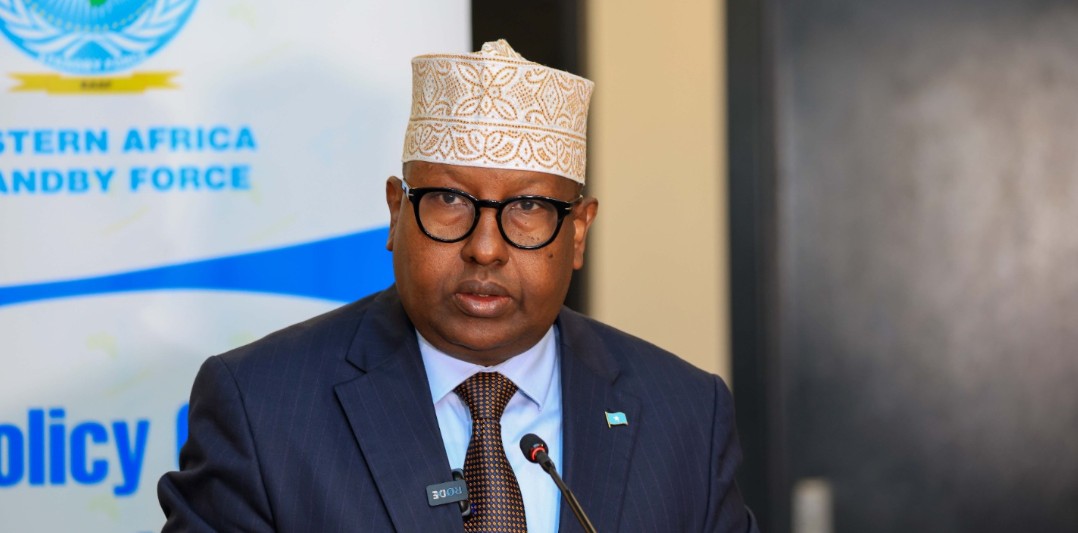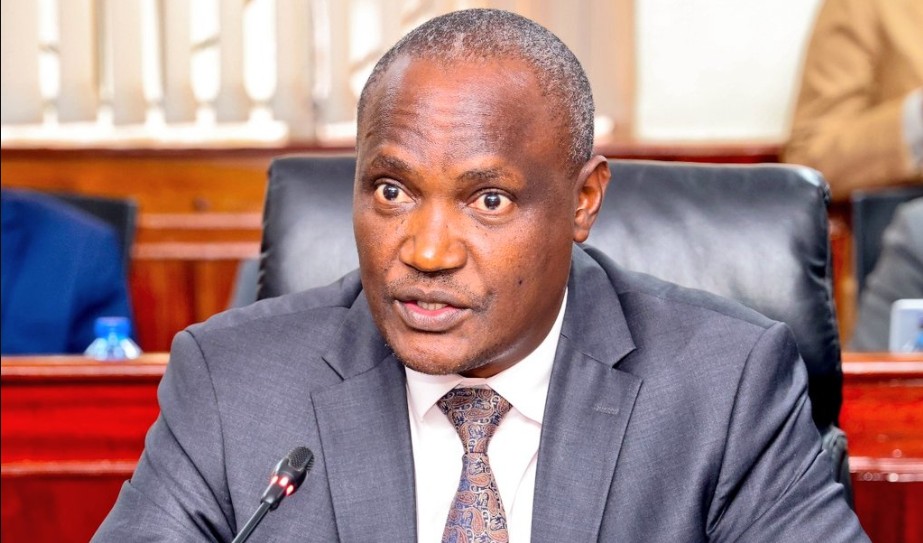Government proposes national tolling policy to fund road development

Chirchir said a public participation exercise was conducted, during which Kenyans demanded accountability and transparency in managing toll revenues, the tolling system adopted and the procurement of toll operators.
Parliament has been urged to back a new proposal seeking to introduce a national tolling policy that will fund road development through a “user pay charges” system, with the government citing budget shortfalls and the need for sustainable infrastructure financing.
The initiative, if approved, will prioritise major highways for tolling, channel revenue into maintenance and ensure accountability in the management of funds.
More To Read
Transport Cabinet Secretary Davis Chirchir told the National Assembly's Departmental Committee on Transport and Infrastructure that the policy aims to optimise revenue from toll roads using advanced tolling technologies and modern highway maintenance systems.
The policy will guide the selection and funding of road projects, provide a stable revenue stream for development and maintenance, attract private sector investment through Public-Private Partnerships (PPPs), promote good governance in toll operations and support environmental sustainability by reducing congestion and carbon emissions.
“The Government seeks to prioritise development, maintenance, and rehabilitation of road infrastructure as envisioned in the Bottom-Up Economic Transformation Agenda (BETA) and Vision 2030. However, due to budgetary and financial constraints, there exists a significant deficit in road infrastructure financing, which necessitates the adoption of innovative mechanisms to raise additional funds to mitigate this funding gap,” Chirchir told the committee.
The committee, chaired by Ndia MP George Kariuki, insisted that toll-free alternative routes must be available, saying Kenyans should have a choice. They acknowledged that some areas lack viable alternative roads, raising concerns over inclusivity and access.
While supporting PPPs as a tool for accelerated development, the MPs called for transparency in contract terms to protect public interest, especially on toll pricing and maintenance standards.
“There is a need for integration of the public’s feedback into the ministry’s final policy, with a firm focus on affordability, access, equity, and transparency for ensuring the tolling system serves the broader public interest,” the committee said.
Chirchir said a public participation exercise was conducted, during which Kenyans demanded accountability and transparency in managing toll revenues, the tolling system adopted and the procurement of toll operators.
They also called for exemptions from toll payments for persons with disabilities, medical utility vehicle sales and school buses. Additionally, they requested that the policy review period be shortened from 10 years to five.
Kenyans further pushed for a toll-sharing framework between national and county governments, more stakeholder engagements in setting toll rates and considerations for discounts and toll-free days.
Chirchir explained that newly built or improved roads, including those with additional lanes, upgraded safety features, and enhanced driving conditions, will now be subject to tolling.
Revenue from tolls will fund major projects like the Rironi–Nakuru–Mau Summit Highway and the Nairobi–Mombasa Expressway, both structured as PPPs where private investors finance, build, and operate the roads in exchange for toll income.
Currently, the Nairobi Expressway is the only operational tolled road, but more roads are expected to join the system under the new framework. Projects selected for tolling will have at least 5,000 vehicles daily and significant freight movement.
The CS highlighted that earlier policies such as the Integrated National Transport Policy (2012) and the National Surface Transport Funding Policy (2016–2025) proposed sustainable funding initiatives, including raising the fuel levy, introducing tolls, applying the “user pays” principle, taxing insurance premiums and supplementing funds from the Exchequer to bridge the financing gap.
To develop the tolling framework, a multi-agency technical working group was appointed in April last year to draft the Road Tolling Policy. The group’s mandate is to progress the policy for parliamentary approval through a Sessional Paper.
Chirchir noted the policy is still under review and may change depending on further parliamentary and Cabinet engagements.
“I urge the Committee to give their views, support this policy and any further amendments of the law that we shall be initiating to implement the policy,” he said.
Top Stories Today











































